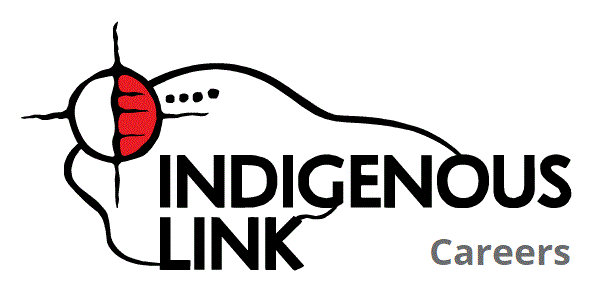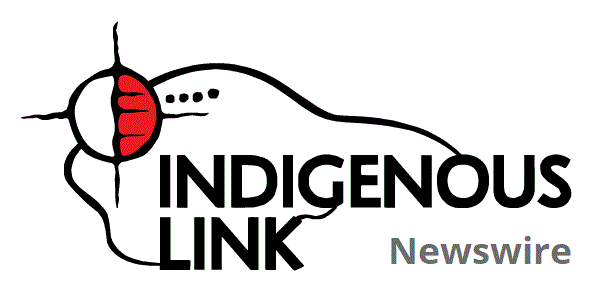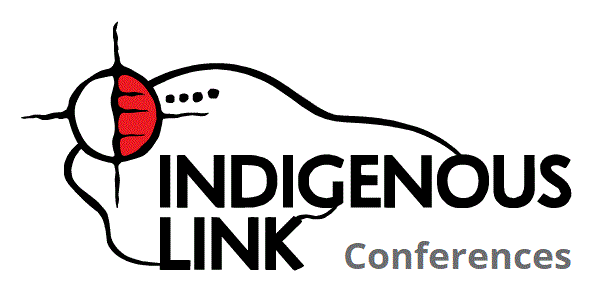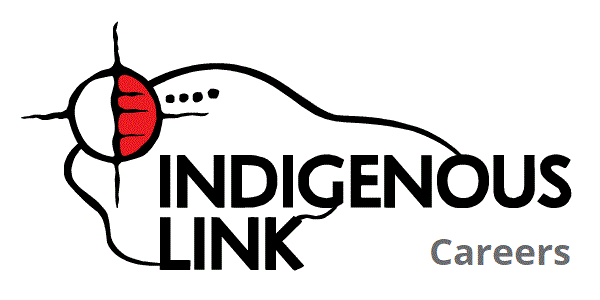Indigenous Pathways Development Lead, Complaints And Practice Investigations | |
| Job ID | 31-EA-8C-62-D0-8D |
| Company | College Of Physicians And Surgeons Of BC |
| Location | Vancouver |
| Province | British Columbia |
| Date Posted | 2024-06-11 |
| Posted Until | 2024-12-08 |
| Job Type | Fixed-term |
| Job Category | Health Care |
| Job Details | View attachment |
| Description | |
| Full-time, contract (two years) Position summary The College acknowledges that British Columbia is home to incredibly diverse populations of First Nations, Inuit and Metis communities, and embraces the opportunity to learn from the many Nations, communities, and leaders in the province to deliver more culturally safe and accessible health-care services and ensure that its organizational policies and processes are aligned with principles of cultural safety for Indigenous Peoples. The Indigenous pathways development lead (IPDL) works within the complaints and practice investigations (CPI) team and reports to the deputy registrar, complaints and practice investigations. The individual collaborates with other members of the team, other departments and external partners to execute on the specific recommendations of the College's external review of the complaints process and other reports such as In Plain Sight and Health Quality BC's report, Sharing Concerns: Principles to Guiding the Development of an Indigenous Patient Feedback Process. The role will lead the transformation of the College's complaint process to one that embeds Indigenous ways of being, knowing, and doing and reflects cultural safety, cultural humility and anti-racism principles. This position is intended for an Indigenous person, with ties to Indigenous communities where possible. Duties and responsibilities Duties include but are not limited to the following: - facilitate the implementation, including change management, of the specific recommendations of the College's external review, conducted by the Castlemain Group, including new processes within the complaints department and working collaboratively with other College teams impacted or required for process change. - lead the development and implementation of alternative options for submitting concerns, including a "soft complaints" process and in-person options for sharing patient experiences. A "soft complaint" process is defined as one that allows a patient, family member or community to share their experiences one time, without having to engage in a formal or long-term process. - assist with the formalization of partnerships between the College and First Nations Health Authority, Metis Nation BC and other Indigenous health organizations to include data sharing and engagement to ensure the development and implementation of culturally safe complaints processes. - consult with the College's communications and public affairs department leadership team to identify opportunities to update the College website to ensure information about the complaints process is communicated safely and is accessible to Indigenous Peoples; to ensure that information on other complaint processes, outside of the College's jurisdiction, is readily available and when possible provided with a warm handover; to consider other communication channels and opportunities, beyond the College website, to inform Indigenous Peoples of the College's complaints process; and to provide information on Indigenous demographic data related to complaints and a means of truth telling for the College's Annual Report. - conduct a review of all communication materials related to complaints starting from the initial contact and requests for information, through to Inquiry Committee review or alternative resolution processes. At the completion of the review, facilitate the revision of documents with a lens to language that is more compassionate and sensitive to complainant's experiences. - collaborate with the department leadership team and complaint navigators, to cultivate a culturally safe environment for Indigenous complainants to interact with College staff by facilitating a seamless support and complaints navigation system at all stages of contact and investigation. - work within the current legislation, but with an eye towards the newly enacted Health Professions and Occupations Act, look to implement alternative dispute resolution options including restorative justice and healing practices involving patients, families, communities and registrants. - support the intake team by providing advice, guidance and sharing knowledge and appropriate support resources when the team engages with Indigenous complainants. - support the investigative team in conducting culturally safe investigations with Indigenous complainants. - support the Inquiry Committee by providing orientation, training and reflection on Indigenous ways of being, knowing, and doing and cultural safety, cultural humility and anti-racism principles. - work in collaboration with the director, records, information and privacy, supports the development of data collection and sharing of information practices to ensure integration of the Anti-Racism Data Act and other reporting requirements. - develop a department training program (for staff and contractors) on culturally safe restorative resolution and remediation, alternate decision pathways, and reconciliation, which can be applied to ongoing file management. Skills and qualifications - five to seven years of lived or other relevant experience working in cultural safety and humility and anti-racism, or equivalent combination of education and experience within an Indigenous context. Experience in a health-care capacity within an Indigenous context is an asset. - first-hand knowledge and understanding of Indigenous culture in BC, particularly in the context of principles of Indigenous-centered care and Indigenous wellness. - knowledge and understanding of emerging, current and historical Indigenous issues, cultures, practices, cultural safety, cultural humility, Indigenous-specific racism, anti-racism, equity, diversity, inclusion, and Indigenous worldview is required. - restorative resolution, reconciliation, mediation and/or alternative dispute resolution (ADR) training or substantial expertise gained through experience and comprehensive understanding of trauma-informed practices within the context of healing and promoting reconciliation. Skills in applicable areas of conflict resolution, critical incident/trauma management, investigation and facilitation are required. - experience in leading and implementing cultural change through the development of new strategies, policies, and education. - proven skills in complex problem solving, planning, change management and group process. Ability to lead projects and direct and oversee teams on a project basis. - thorough knowledge of relevant reports and legislation, i.e. In Plain Sight; Health Quality BC's report, Sharing Concerns: Principles to Guiding the Development of an Indigenous Patient Feedback Process; United Nations Declaration on the Right of Indigenous Peoples; Remembering Keegan: A BC First Nation Case Study Reflection; BC's Declaration on the Right of Indigenous Peoples Act; British Columbia (BC) Cultural Safety and Humility Standard; BCOHR's report, Disaggregated Data collection in BC: The grandmother perspective. - strong interpersonal and team-based skills and the ability to motivate and influence others to embrace and act on cultural safety and humility and reconciliation. - demonstrated ability to build rapport and foster relationships with internal and external partners as well as within and between agencies. - established knowledge and network of Indigenous communities, services, agencies and leaders throughout BC. Flexibility to travel to Indigenous communities occasionally, as required. - knowledge and understanding of Indigenous data governance. - excellent verbal, written and presentation communication skills. - experience with the Microsoft Office suite and some experience with database use. The compensation range for this position is $80,216 to $100,270 per year. The College is committed to our ongoing journey to be a diverse, equitable and inclusive place to work. All interested applicants, regardless of age, family or marital status, physical or mental disability, race, colour, religion, place of origin, and ancestry, Indigenous identity, gender identity or expression, sex, sexual orientation political belief, socio-economic background, criminal conviction or any other characteristic protected by applicable law, are strongly encouraged to apply. Accommodations are available upon request for candidates taking part in the recruitment and selection process. The College values the strength diversity brings to our workplace, so if you're excited about a career at the College but your past experience doesn't align perfectly with the current job postings or you are not ready to apply yet, we encourage you to create an employee profile in the careers portal and our HR team will be able to see your skills and proactively match you with other roles more closely aligned to your experience and skillset. The College of Physicians and Surgeons of BC is located on the unceded and traditional territory of the Coast Salish peoples, including the territories of the hən̓q̓əmin̓əm̓ speaking peoples―the xʷməθkʷəy̓əm (Musqueam) and sel̓íl̓witulh (Tsleil-Waututh) Nations, and the Sḵwx̱wú7mesh-ulh Sníchim speaking peoples―the Sḵwx̱wú7mesh (Squamish) Nation. We acknowledge the rights and title of BC First Nations whose territories span across the province. These territories recognize that laws, governance, and health systems tied to lands and waters have existed here since time immemorial. | |
| Salary | The Compensation Range For This Position Is $80,216 To $100,270 Per Year. |
| Languages | English |
| Work Settings | Office environment Hybrid option |
| How To Apply | Click "Apply Now' All applications for this position must be submitted via the College website https://www.cpsbc.ca/about/careers Contact: Tanja Alsfasser Recruitment Coordinator talsfasser@cpsbc.ca |
(877) 823-6781




